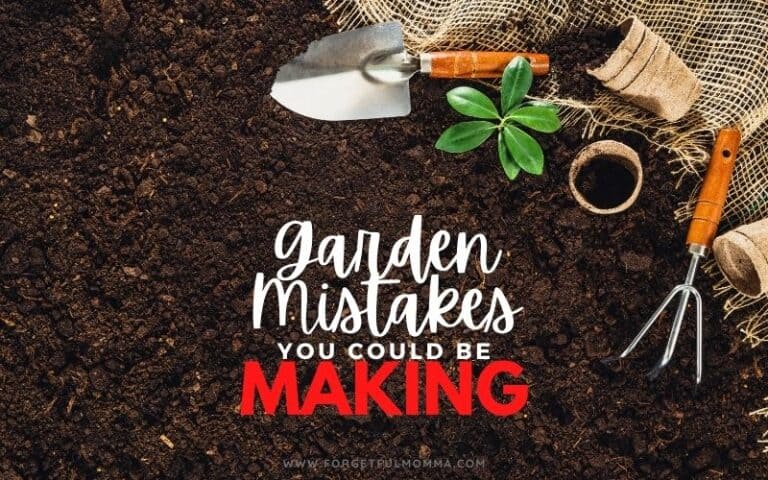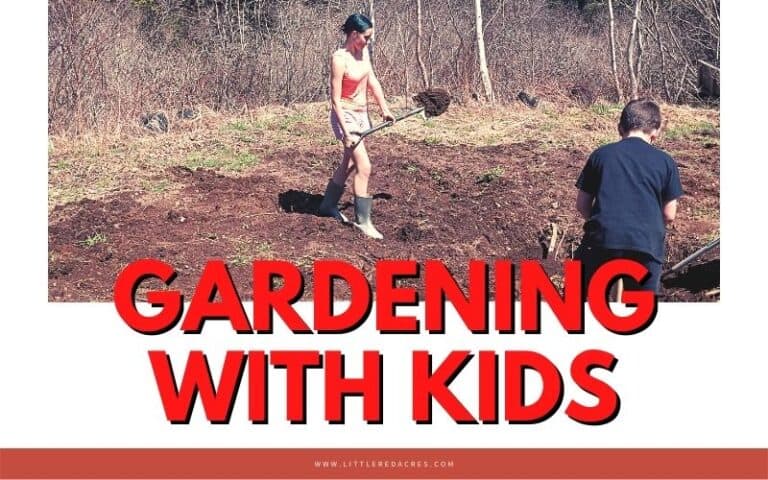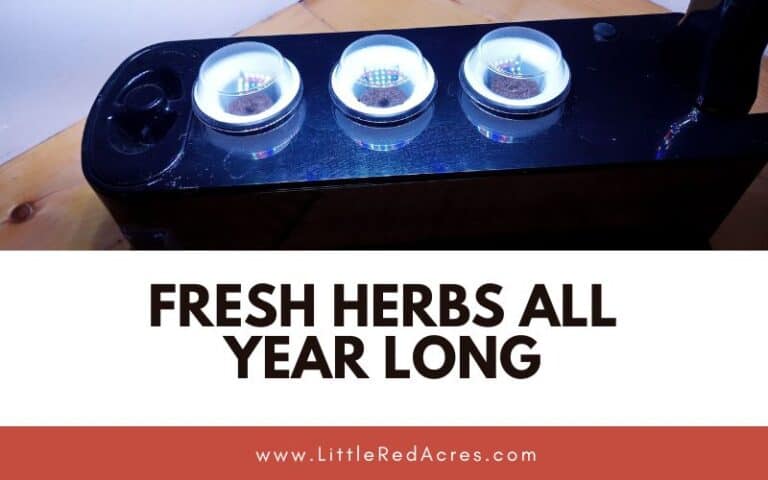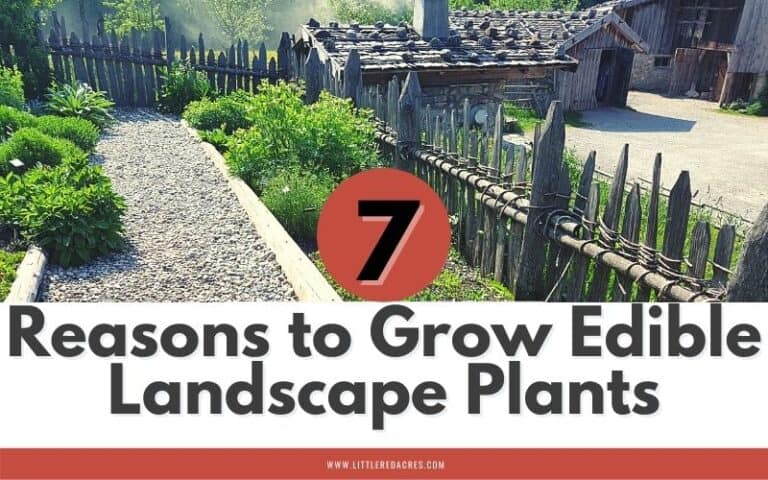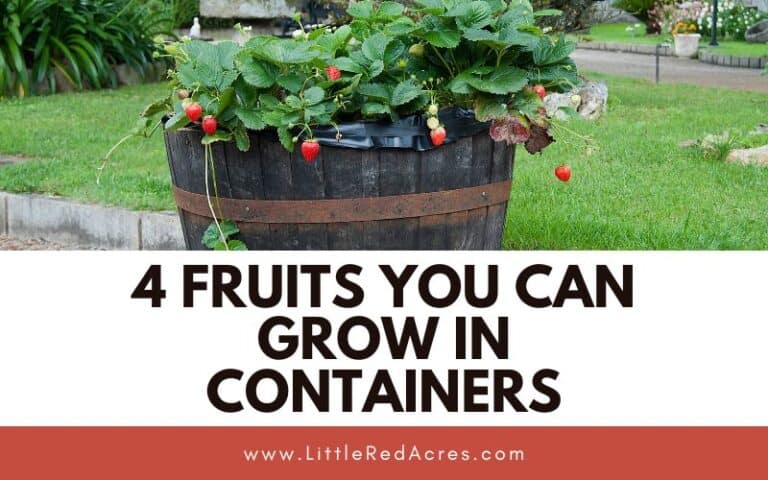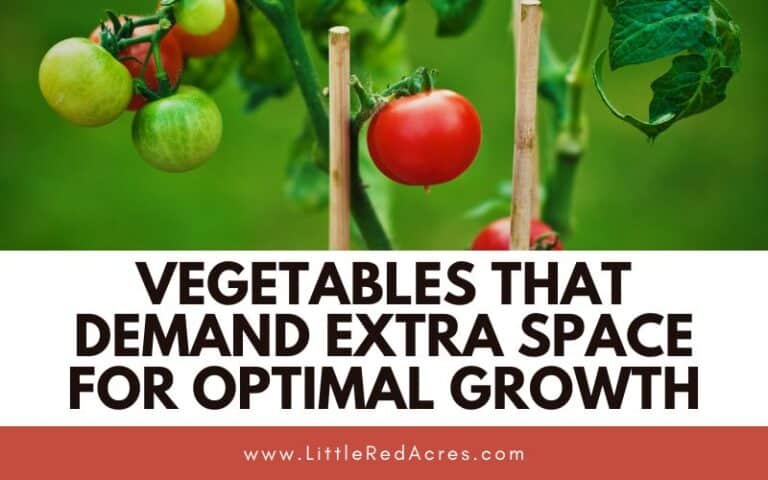Herbal Remedies from Your Garden
Making your own herbal remedies at home can be a rewarding and exciting experience. Imagine being able to create a natural remedy in the comfort of your own home, with plants grown in your garden.
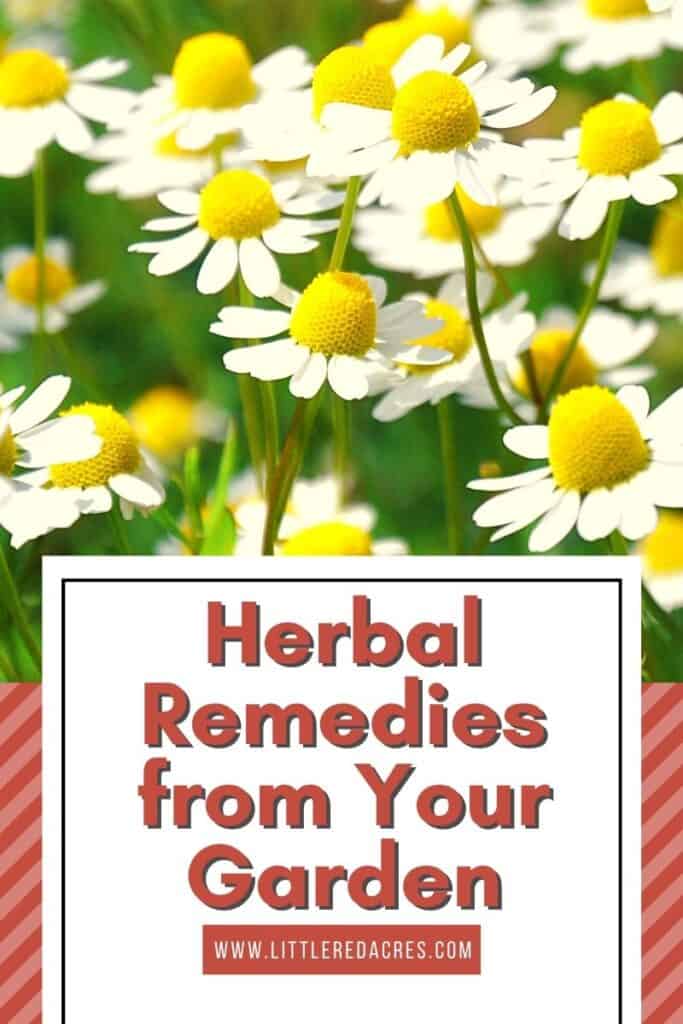
This post may contain affiliate links, see my disclosure policy for more information.
Herbal Remedies from Your Garden
Herbal remedies have been used for centuries by many different cultures. With simple recipes and easy-to-follow instructions, you can create your very own herbal treatments from the comfort of your garden.
Get updates & freebies delivered to your inbox!
What are Herbal Remedies?
Herbal remedies are plants that have a medicinal effect. They have been around for thousands of years.
Herbal remedies have been making a real comeback in recent years.
Many of these plants are either available in the grocery store or can be grown quite easily in a garden. Using these plants in your diet can have a significant effect on your health and overall well-being.
Herbal remedies can often be just as effective as pharmaceuticals in the prevention and treatment of disease.
*Remember, you still need to pay attention to what you are putting into your body. Some herbal remedies can be harmful in certain situations. Or react with medications that you maybe be taking. Be safe and smart.*
Ginseng
Ginseng is one of the most popular plants in Chinese medicine. Ginseng can be an excellent antioxidant and reduces inflammation. It could also lower blood sugar, and lower fatigue.
Grow Your Own:
When mature, ginseng plants produce red berries, but the plant is cultivated for its roots. Harvesting ginger is a delicate process and should be done with great care to avoid damaging the roots.
You can either collect the ripened berries from the plant or plant them where you removed the root to grow more ginseng. It is a very long game growing ginseng.
Garlic
Garlic is readily available and a powerful herbal remedy. Most people enjoy the taste of garlic, bad breath notwithstanding.
Garlic has been shown to significantly reduce the duration and severity of cold symptoms. Hypertension responds positively to garlic consumption. In fact, garlic is at least as effective in treating hypertension as some medications.
Grow Your Own:
Garlic is easy to grow and use! Like many spring flowering bulbs, garlic is planted in the fall. For best results, garlic should be planted in late September to mid-October.
Turmeric
Turmeric is used in Ayurvedic medicine and is also a popular spice in Indian food. Turmeric is also readily available in any grocery store. The primary active ingredient in turmeric is curcumin.
Turmeric is a powerful anti-inflammatory. It is as effective as aspirin and ibuprofen in treating inflammation.
Grow Your Own:
Turmeric needs to be broken up and fresh pieces planted every 3 to 4 years.

Ginger
Ginger is a very common grocery store item, and is excellent for the treatment of nausea and morning sickness. Ginger can be used as a spice or made into tea.
More benefits include:
● You can use it to help treat muscle pain and soreness.
● Ginger is another excellent anti-inflammatory.
● Indigestion, high blood sugar, and high cholesterol can all be reduced by ginger.
Grow Your Own:
You can start ginger from a piece you buy in-store.
Valerian Root
This flowering plant has many health benefits. Headaches, insomnia, digestive issues, muscle pain, fatigue, and anxiety can be helped by valerian root.
Grow Your Own:
It isn't something you plant this year for this year, you need to give the roots a couple of years of growing before you can harvest them.
Chamomile
This daisy-like flower is most commonly consumed in tea form. Chamomile is believed to treat insomnia, reduce cold symptoms, boost immunity, and lower stress levels. Chamomile tea is available at your grocery store.
Grow Your Own:
Chamomile harvesting is all about the blossoms. In fact, it is best harvested when the blossoms are open to their fullest before the petals begin to droop backward.
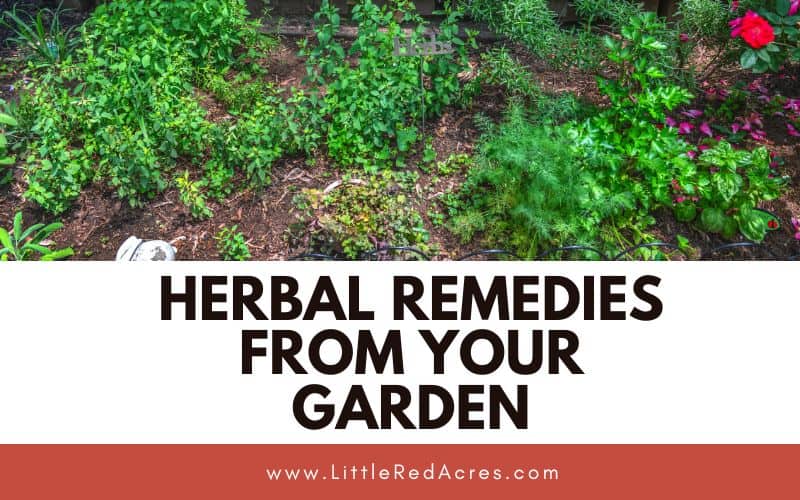
Herbal remedies can’t replace all pharmaceutical drugs, but they are viable replacements in many situations. Of course, you should still include your doctor in your herbal remedy plans.
Herbal remedies can be very effective and inexpensive. $1 of garlic can easily last weeks. If your budget is tight, herbal remedies can be a great way to boost your health without breaking the bank.
Even if you’re in 100% perfect health, herbal remedies can help to keep you healthy. You have nothing to lose. In fact, your food might taste even more delicious while you’re making your body healthier.


